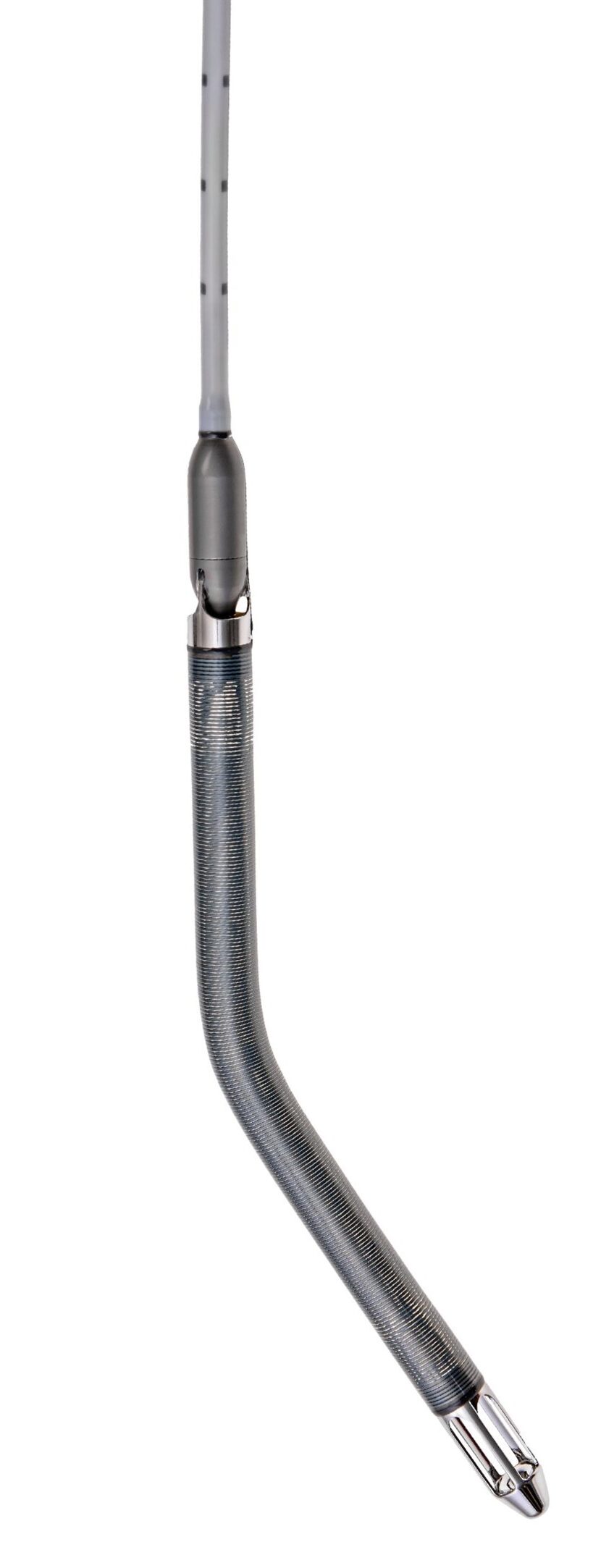Temporary Heart Pump Usage Expanded for Children
Post Date: December 20, 2024 | Publish Date:

The U.S. Food and Drug Administration (FDA) has granted premarket approval to expand the indications for a minimally invasive heart pump device so that it can be used for pediatric patients with symptomatic acute decompensated heart failure (ADHF) and cardiogenic shock.
The Impella 5.5 with SmartAssist and Impella CP with SmartAssist heart pumps, made by Johnson & Johnson MedTech, help support left ventricle function, allowing the heart to rest while also ensuring delivery of oxygenated blood throughout the body.
The FDA’s action expands the usage of left-sided Impella devices to specific pediatric patients weighing ≥52kg for Impella CP (for four days or less) and for children ≥30kg for Impella 5.5 (for 14 days or less).

“This marks a monumental achievement for children with heart failure as, historically, this area of pediatric care has been underfunded and understudied,” said Angela Lorts, MD, MBA, director of the Ventricular Assist Device Program at Cincinnati Children’s and co-founder of the Advanced Cardiac Therapies Improving Outcomes Network (ACTION).
The 68-site ACTION network, founded in 2017, provided the data necessary to support the expanded on-label use of these two heart devices.
Cincinnati Children’s is the operations and data coordinating center for ACTION. Funding for this ACTION research program was provided by Abiomed, Inc.
Spotlight on child-sized devices
Through ACTION, Lorts shepherds collaborative efforts to address an ongoing shortage of pediatric-specific medical devices.
Currently, about 90% of cardiovascular devices that children receive are used off-label. The devices — designed for adults — frequently lack safety or efficacy data for pediatric use. In addition to lacking well-organized data, the willingness and ability to provide adult devices to children in off-label situations varies widely from center to center.
The ACTION network seeks to address such gaps by using registry-based models that assemble patient experiences from many locations, generating data that device makers can access through cooperative agreements. The approach can reduce study costs and thus accelerate clinical trials.
The Impella label extension is the latest example of the network’s success. More collaborations are working through the pipeline. Longer term, the ACTION network also advocates for reforms at several levels to make it easier for heart devices to be designed from the ground up for pediatric use.
Read more in a Johnson & Johnson MedTech announcement
Don’t Miss a Post:
- Subscribe to the Research Horizons Newsletter
- Follow Cincinnati Children’s Research Foundation on X: @cincyresearch







